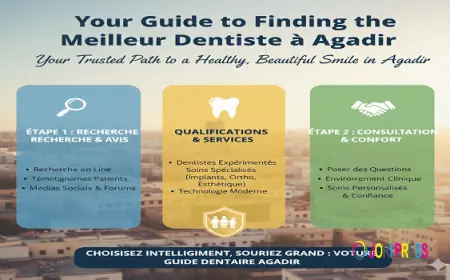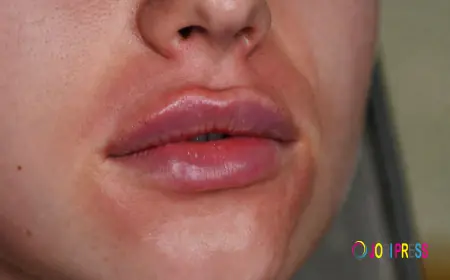How Dubai’s Climate Affects Laser Hair Removal Results
Dubai’s hot and sunny climate is one of the factors clients must consider when undergoing laser hair removal in Dubai. While the procedure is highly effective, environmental conditions—particularly sun exposure and humidity—can influence skin sensitivity, healing, and overall results. Understanding how Dubai’s climate interacts with laser treatments helps clients plan their sessions safely and achieve optimal outcomes.
1. Sun Exposure and Skin Sensitivity
Dubai experiences intense sunlight year-round. Treated skin is more sensitive to UV rays immediately after laser hair removal. Excessive sun exposure can:
-
Increase the risk of hyperpigmentation or dark spots
-
Cause irritation, redness, or swelling
-
Reduce the effectiveness of laser treatment on future sessions
Tip: Avoid direct sun exposure for at least 7–10 days post-treatment and use a broad-spectrum sunscreen on all exposed areas.
2. Heat and Sweating
High temperatures and humidity in Dubai can lead to excessive sweating, which may irritate freshly treated skin. Sweat can also trap bacteria, potentially causing breakouts or mild inflammation.
Tip:
-
Avoid strenuous physical activity for 24–48 hours after treatment
-
Opt for light clothing to prevent friction
-
Keep the treated area clean and dry
3. Timing Treatments Around the Seasons
Many clients schedule their sessions during cooler months to minimize sun exposure and reduce skin sensitivity. Avoiding peak summer months can help:
-
Reduce post-treatment redness and irritation
-
Make aftercare easier with less sun protection required
-
Improve comfort during and after sessions
4. Skin Hydration in Arid Climate
Dubai’s climate is dry and arid, which can leave skin dehydrated. Hydrated skin responds better to laser treatments and heals more quickly.
Tip:
-
Drink plenty of water daily
-
Moisturize treated areas regularly with gentle, fragrance-free creams
-
Use hydrating serums or aloe vera gel to soothe the skin
5. Choosing the Right Laser for Your Skin Type
Sun-exposed or tanned skin may require specific laser settings to avoid burns or pigmentation issues. Experienced clinics in Dubai, like Tajmeels.ae, customize lasers based on:
-
Skin tone and tan level
-
Hair thickness and density
-
Treatment area sensitivity
Personalized laser adjustments ensure safety and optimal results, even in a sunny climate.
6. Protective Measures Post-Treatment
Clients should implement protective measures tailored to Dubai’s climate:
-
Apply SPF 30 or higher sunscreen daily
-
Wear loose-fitting clothing over treated areas
-
Avoid beaches, pools, and tanning beds for at least a week
These steps prevent complications and ensure consistent hair reduction results.
7. Benefits Despite the Climate
Despite the challenges of Dubai’s sun and heat, laser hair removal remains highly effective. Modern technology and professional care ensure:
-
Minimal discomfort even in sensitive skin areas
-
Consistent, long-lasting hair reduction
-
Safe treatments for all skin tones and types
Dubai’s clinics are experienced in helping clients navigate the climate while maintaining excellent results.
8. Expert Tips for Residents
-
Schedule early morning or late evening sessions to avoid extreme heat
-
Keep treated areas clean, dry, and moisturized
-
Follow clinic-specific aftercare instructions diligently
-
Stay patient and consistent with multiple sessions for the best outcome
By combining technology, proper care, and climate awareness, clients can enjoy smooth, hair-free skin year-round.
Conclusion
Dubai’s sunny, arid climate does affect laser hair removal, but with the right precautions, it does not compromise results. Clients should focus on sun protection, hydration, and proper aftercare to ensure safe and effective treatments.
Clinics like Tajmeels.ae are well-versed in managing laser hair removal in Dubai’s environment, offering customized treatments, expert guidance, and advanced technology to maximize results. With professional care, clients can achieve smooth, radiant, and hair-free skin regardless of the climate.
What's Your Reaction?
 Like
0
Like
0
 Dislike
0
Dislike
0
 Love
0
Love
0
 Funny
0
Funny
0
 Angry
0
Angry
0
 Sad
0
Sad
0
 Wow
0
Wow
0

















































